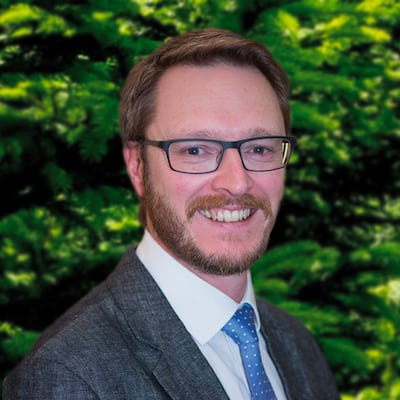
Matt Robinson
Having just attended Australian Energy Week 2022 (AEW22) in Melbourne, I was again reminded of the pace at which we are now moving into this energy transition. There were several recurring themes from industry leaders at the event and all pointed to the pace and scale of what’s in front of us. In a simplified nutshell, my takeaway can be sewn together like this: The pace of acceleration in a global landscape requires collaboration and people supporting each other.
The pace of acceleration
The conversation has moved on from whether we will or should adopt and adapt, to asking ourselves how we will do this. Several presenters commented on Australia’s pace of transition to date but then noted that the rest of the world was now accelerating, and we were about to face some stiff competition for resources and increased demand for our know-how.
In fact, accelerating was an oft-used term. Coal plant closures will accelerate, uptake of EVs will accelerate, installation of storage will accelerate, and we need to accelerate our gas transition to Hydrogen. That’s a lot of acceleration!
The current state of play in Australia may well seem like a peak of activity to those of us experiencing it but, as one observer noted, this is just the end of the beginning – now we really get going! Daniel Westerman, CEO of AEMO noted that while they are currently planning on connecting around 5GW of new renewable generation this year, that’s the minimum we need to do every year up to 2030 to keep pace with the coal fleet retiring out of the system.
In a global landscape
Of course, this is now the basis of the next set of problems that we will face; Everyone around the world moving to do the same things at the same time at scale. With global supply chains already strained as the global economy tries to regain a post-pandemic footing and adjust to the impacts of the war in Ukraine, accelerating the transition will not come without challenges. Yet, we must make that shift. Where in past times the world may well have sought to rebalance and slow down to correct the shocks from catastrophes such as Ukraine, now it highlights the need for energy security and the advantages that decentralization, renewables and non-fossil energy can bring even beyond decarbonization.
Requires collaboration
These are not changes that will be completed in 5 or even 10 years’ time. They are multi-generational and will have evolutions along the way. That means that we will need to make foundational changes to our skills base and how we approach problems. We’re going to need to work across boundaries and work together more than we work apart. Otherwise, at best, we will be too slow.
People supporting each other
At PSC we recognize the importance of the energy transition to our clients and have a strategy to empower people to transform the energy industry. We’re collaborating with our clients to make significant impacts around the world from offshore wind and HVDC connections to connecting large-scale wind, solar and BESS projects, developing energy market solutions and systems, training operators and implementing the next generation of grid control systems.
We’re working with universities around the world to research solutions to the gnarliest of problems and training our people in the skills required to work across the globe to bring out the best in each other because that’s the important part we need to remember; that at the heart of all of this are humans and our ability to work together is what will ultimately deliver our success.
